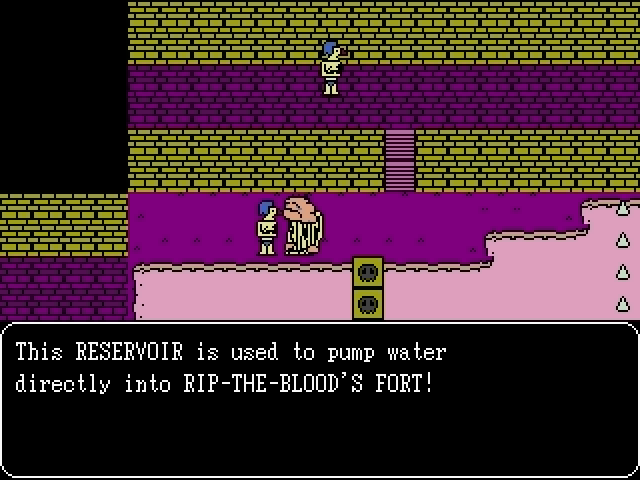

When I spent the day with Sam DuBose’s family in 2015, his mother, Audrey, was so drained that she needed to cling to me just to leave the car and walk into a TV interview. She brought her mother to the interview, and she reflexively wrapped her hands around her mother’s arm and rested her head on her mother’s shoulder as she spoke. When I first interviewed Trayvon Martin’s mother, Sybrina Fulton, in person, she was consumed and shrunken by grief.

Their grieving is ongoing and unresolved.

This is something I’ve often seen, the pilgrimage of mothers or sisters of other slain children to the sight of a funeral of the newest one. (Memphis seems to have no shortage of horrible names for their tough-on-crime efforts.)īullard said she came to the funeral to honor her brother. He was killed by sheriff’s deputies in a so-called “jump and grab” sting operation in 1989. Families must engage instead in what Maldonado calls “performance grief.”Īnd sadly, the legions of these families are growing.Īt the funeral, I sat in front of Donna Gates Bullard, who tapped me on the arm before the service and explained that her brother Michael Gates was also beaten to death by law enforcement in Memphis. What they surrender - what we force them to surrender - is what the grief expert Joél Simone Maldonado described to me as the “sacredness in grief,” the sitting alone with it in silence, the honoring of loss, and developing ritual around it. They are drafted into a war - without warning or preparation - a war in which the enemy is entrenched, and the comrades beleaguered. They advocate for their dead child instead of simply mourning the dead child.

They put their personal mourning “on the shelf” to become leaders of a mass public mourning. Many people can hardly understand their flood of emotion, let alone live with the pressure of constantly being asked to form those feelings into sound bites.Īnd yet, somehow, families like Tyre Nichols’s valiantly do just that. Mourning in public, on repeat, under and in front of the lights and cameras, isn’t part of the normal grieving process. It’s the least that any of us deserves when tragedy befalls our families.Īs Collette Flanagan, whose son was also killed by a police officer and who runs the group Mothers Against Police Brutality, told me by phone just before the funeral started, she remembers telling herself that “you’re going to have to put this grief on a shelf,” that “you’re going to have to put aside all of your hurt and your sorrow and you cannot go quietly into the night.”įorcing these families to subjugate their mourning is a crime, a moral crime. Mourning, properly, slowly and messily if needed, shouldn’t be a luxury. Privacy is unavailable to them.Īs Hunter Demster, a local organizer, told me, the family has endured “vigil, after protest, after news conference, after news interview.” Although he was leery of saying for certain, he didn’t believe they’d “had a moment to sit and grieve.” Not only is their loss staggering, but their ability to grieve that loss has also been altered and interrupted, converted into politics and performance. This is the thought that I have not been able to shake in this case, and those that preceded it: “This family has endured the unsolicited, unwarranted, unreasonable, unjustifiable and massive burden of grieving their loved one and at the same time fighting for justice.” Lawrence Turner, opened the service, he said: When the church’s presiding pastor, the Rev.


 0 kommentar(er)
0 kommentar(er)
